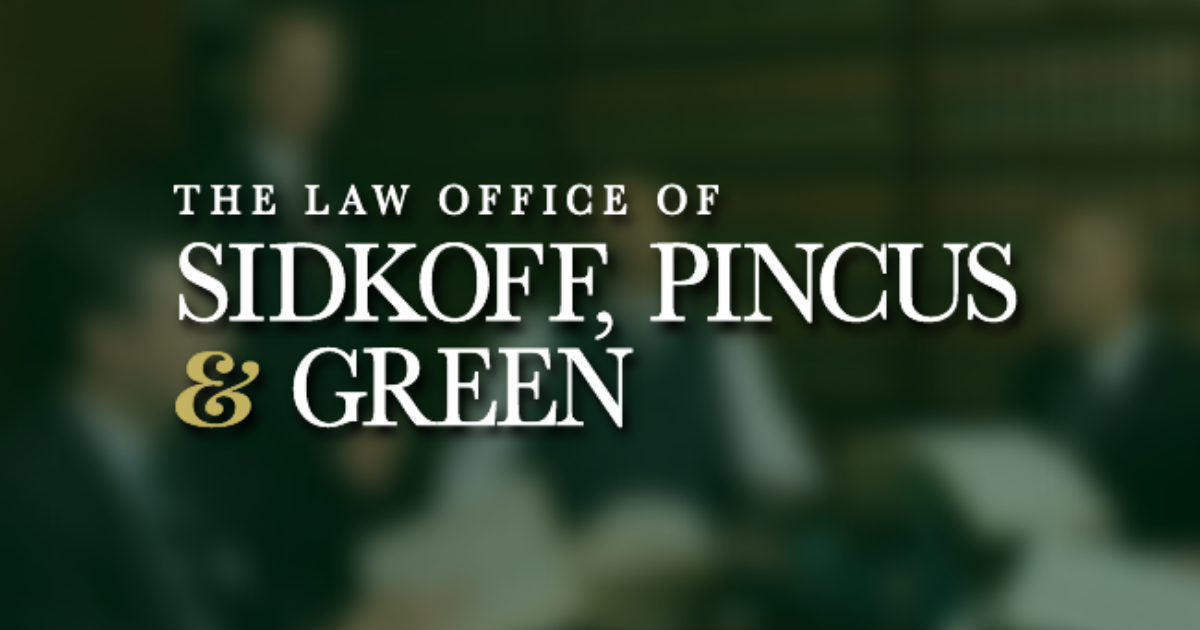NLRB Supports Union Election Rule That Will Limit Unions’ Bargaining Power

According to a Bloomberg Law analysis, the National Labor Relations Board (“NLRB”) is supporting a rule change that would make it increasingly difficult for unions to defend themselves against anti-labor campaigns. However, the board based their decision on flawed data. The deficiencies in the data make the NLRB vulnerable to legal challenges.
Members of the NLRB hope to revamp the decades-old blocking charge policy that pauses elections to approve or decertify a union if unfair labor practices are suspected. The board argued that a proposed rule released in August allows unions to file petty actions against the NLRB that union members can use as a stalling tactic. According to the NLRB, 155 blocking actions were filed from 2016 to 2018, with a median number of days that the cases were delayed, ranging from 122 to 145.
After reviewing data supporting the rulemaking, a Bloomberg Law review found numerous examples of instances over the past three years when the board exaggerated the length of delays related to blocking charges. In fact, the board overcounted data in over one-third of the cases involving blocking charges. In one case, they were off by over 12 years. In those 55 cases, the board listed a delay that exceeded the total number of days from when a petition to approve or decertify a union was filed and when an election took place. This was statistically impossible.
These errors could cause problems for the NLRB if they were to face legal challenges from union representatives. According to a law professor at George Washington University, they should have fixed the mistakes by issuing an addendum. The action will be difficult to defend if they proceed without correcting it. He went on to suggest that the NLRB start the rulemaking process from scratch given the significance of the errors. A spokesman for the NLRB declined to comment on the discrepancies or the board’s methodology.
Data Discrepancies
The following are examples of possible causes of the data discrepancies:
- If more than one allegation of improper conduct was made, the board incorrectly counted the cases.
- There were problems with the board’s use of agency data. For example, there were duplicates of blocking charges, which the agency counted twice.
- The board’s only Democrat accused the majority of overstating the number of petitions involving blocking charges.
- The agency’s field staff declined from 1,136 in 2011 to approximately 857 in 2018.
Philadelphia Employment Lawyers at Sidkoff, Pincus & Green P.C. Handle Legal Matters Involving Union Workers
If you are a member of a union, and your rights have been violated in some way, you are urged to contact the Philadelphia employment lawyers at Sidkoff, Pincus & Green P.C. We will work closely with you to ensure that you receive the full financial benefits you deserve. Our dedicated team will not stop fighting for you until you are completely satisfied. To schedule an initial consultation, call us today at 215-574-0600 or contact us online. Located in Philadelphia, we serve clients throughout Pennsylvania and New Jersey.















